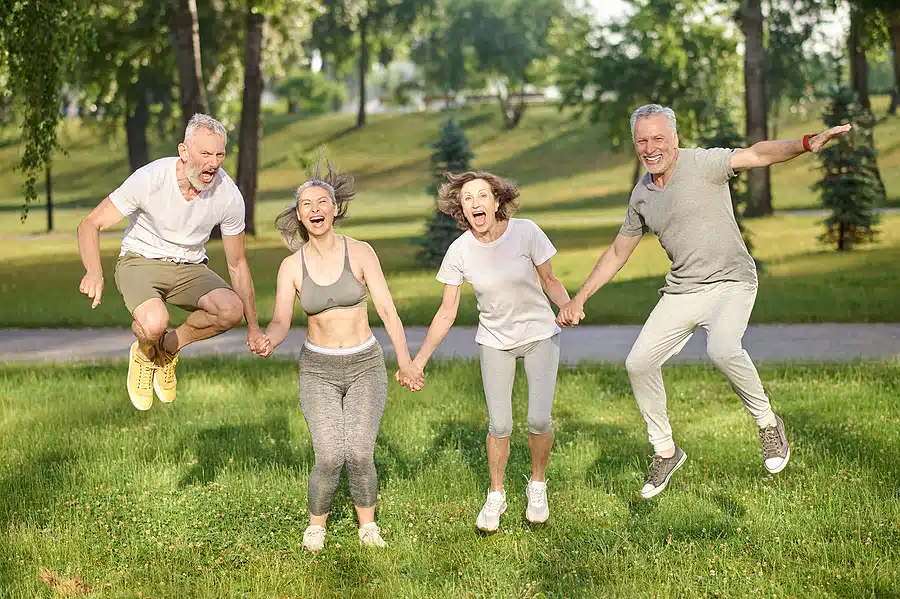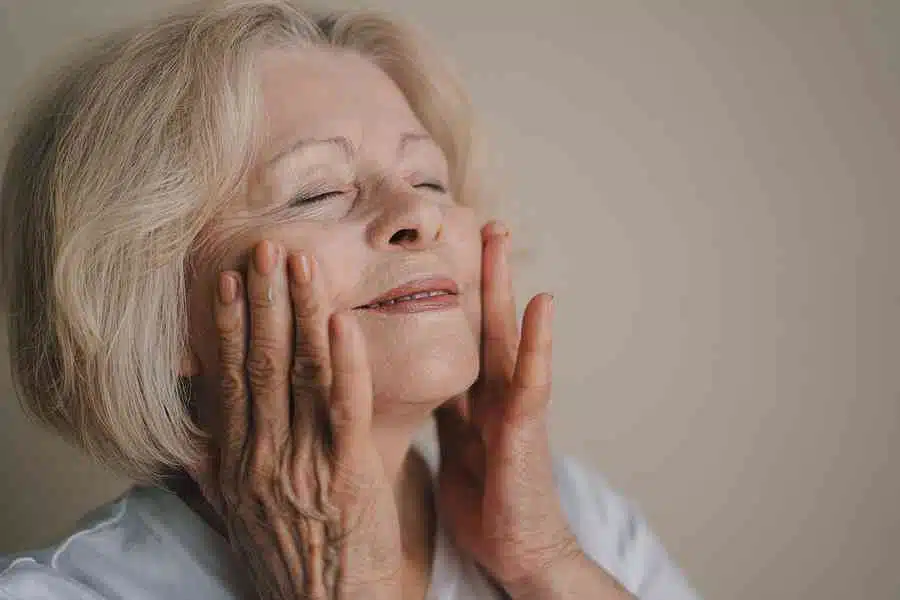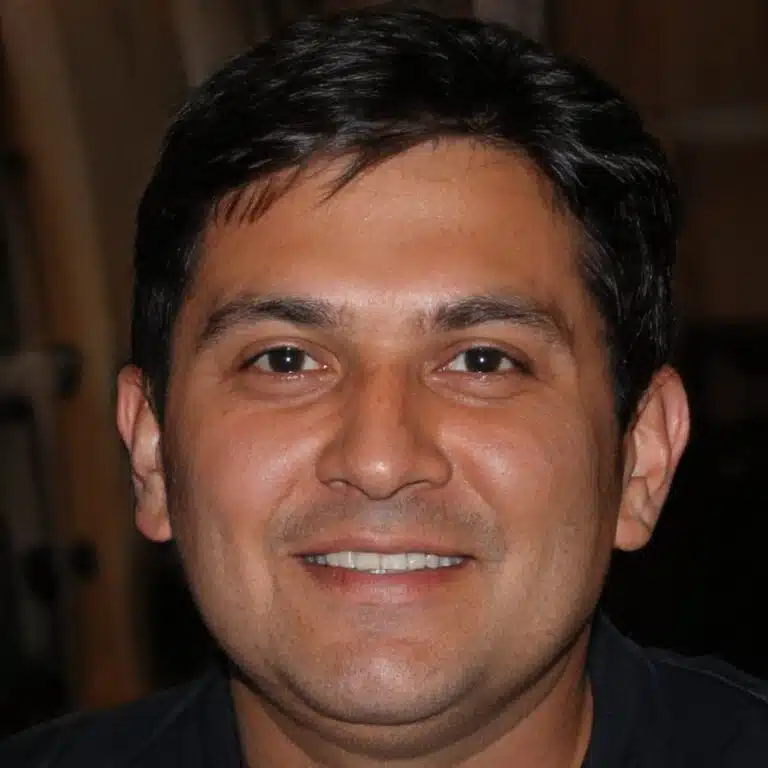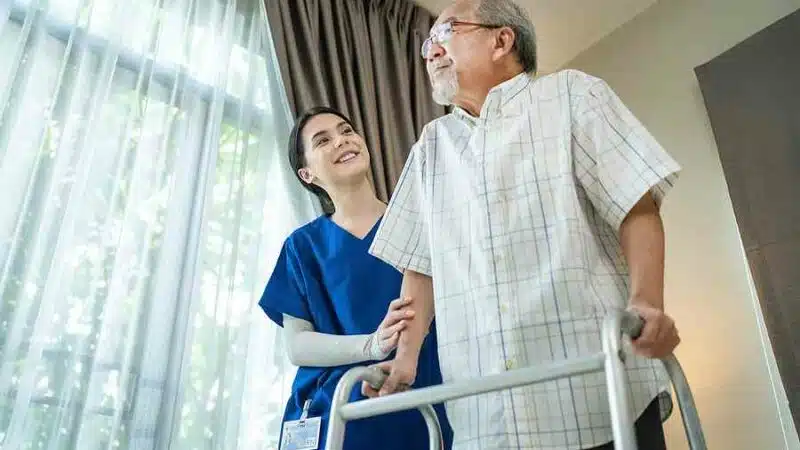Turning Back Time: Can The Latest Anti-Aging Developments Help Us In Our 50s

Are we Really Unlocking The Secrets To Longevity?
Who doesn’t dream of a long, healthy life?
As we progress through the 21st century, this dream is fast becoming a reality, thanks to advances in the field of anti-aging.
Renowned scientists are pushing the boundaries of what we understand about ageing, bringing the prospect of living healthily beyond 100 years closer than ever before.
Dr David Sinclair, an expert in the field of anti-aging, has already stated there are many people alive today who will easily live past 130. Perhaps even our children or grandchildren.
Who knows if science progresses at the rate it is, maybe that will even include us in our 50s!
My article will take you on a journey through the latest findings, making the world of anti-aging accessible and exciting for all, even for those of us who are in their 50s and beyond.
Aging: A New Perspective
Traditionally, aging has been seen as an inevitable process, something we could do little about.
But some of the world’s top scientists, like Dr. David Sinclair at Harvard and Dr. Aubrey de Grey at the SENS Research Foundation, are challenging this belief.
They suggest that ageing isn’t a one-way street and that with the right scientific interventions, we could potentially slow down or even reverse this process.
Exciting Discoveries in the Realm of Anti-Aging
Science is continually evolving, and these experts are leading the charge with some groundbreaking discoveries.
Senolytics: Out with the Old
Dr. James Kirkland, at the Mayo Clinic, is making headway with a type of drug known as senolytics. Imagine your body as a car; over time, some parts stop working efficiently.
Senolytics is like a mechanic, but for your body—it helps clear out old, dysfunctional cells, making way for fresh, new cells.
This ‘cellular cleanup’ can potentially keep us healthier for longer.
Telomeres: The Key to Youth
Remember the protective plastic caps at the end of shoelaces that prevent them from fraying? Our DNA has similar caps called telomeres.
As we age, these telomeres shorten, leading to ageing and disease. Dr. Elizabeth Blackburn, who won the Nobel prize for her work on telomeres, is exploring ways to slow down or even reverse this shortening, potentially delaying ageing.

Nature’s Anti-Aging Secrets: Nutraceuticals and Supplements
It’s not just about fancy drugs; many natural compounds are also under investigation for their anti-aging potential.
What Are Sirtuins And How Can They Help With Aging
Sirtuins are proteins in our body that work like a personal clean-up crew.
They fix damaged cells and help keep them healthy and working properly.
Imagine cells as tiny engines that run our body. As we age, these engines start to break down. But sirtuins can keep these engines running smoother and longer.
They can fix broken parts (damaged DNA), reduce engine wear and tear (oxidative stress), and keep the energy supply (our mitochondria) working efficiently.
This means sirtuins might help us look and feel younger for longer by slowing down the natural aging. process.
The research on sirtuins is still progressing and its definitely something to keep an eye on.
Resveratrol: The Power of Red Wine
Dr. David Sinclair is studying resveratrol, a compound found in grapes (and hence in red wine), which might have anti-aging properties.
He suggests that taking resveratrol supplements could potentially help slow down the clock of ageing.
NMN: The Energy Boost
Nicotinamide Mononucleotide (NMN) is another supplement that’s creating a buzz. It’s a compound that our bodies naturally produce and plays a critical role in generating energy in our cells.
As we age, our bodies produce less NMN, but supplements could potentially fill this gap, keeping our cells energetic and youthful.
Practical Steps: What Does this Mean for You?
These scientific discoveries are exciting, but what does it mean for you, right now? While we wait for more research, a few practical steps can help us age more healthily:
Particularly at our age of 50s and above. We probably don’t have a huge amount of time in front of us; so perhaps now we should be making the changes that can enhance our chances of a long healthy life.
Most of us know the protocol, but in case you need any reminders, here are the most recommended activities to boost your chance of longevity
- Exercise: Regular physical activity keeps our cells active and our bodies in good shape.
- Healthy diet: Eating a balanced, nutritious diet is beneficial at any age, but particularly in our later years. And maybe consider a glass of red wine, thanks to resveratrol!
- Mental well-being: Staying socially active, practicing mindfulness, and challenging our brains can help maintain our mental health as we age.
The world of anti-aging is no longer just a vision for the future—it’s happening here and now.
While it’s an exciting prospect to think we could live healthily well past 100, it’s important to remember that the goal is not just about living longer; it’s about living well.
So, here’s to a future of ageing gracefully and enjoying every moment of the journey!





